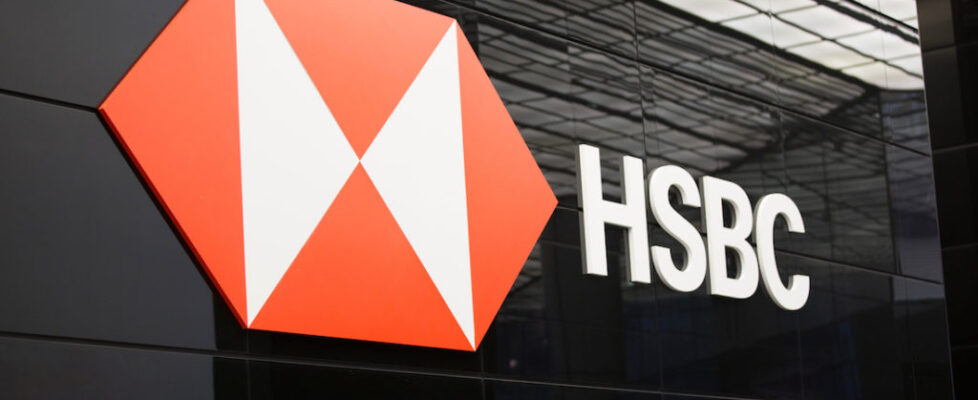HSBC gets a slap on the wrist for erroneous orders
HSBC Securities (USA) Inc has agreed to pay a small fine as a part of a settlement with Cboe BZX Exchange, Inc. The matter originated as a result of erroneous orders HSBC entered on BZX on March 9, 2018.
On March 9, 2018, a foreign bank affiliate sent to HSBC a Market on Close (MOC) order, which should not have been executed until the close of trading, to buy 37,000 shares of an equity security. HSBC’s trader entered the order into the Firm’s smart order router (SOR) using an automated MOC “hotkey” function in the ffirm’s order entry system. However, due to faulty hotkey programming, the order was entered as a regular market order.
Upon receipt of the order, HSBC’s SOR immediately routed child orders to market with limit prices up to 27.9 percent above the National Best Offer (“NBO”). As a result, a total of 18,801 shares was executed within 0.3 seconds, representing 84% of total shares purchased in the security, at prices ranging from $111.96 to $123.00. As a result, the price of the security increased 9.9%.
HSBC filed a clearly erroneous petition and BZX cancelled all trades that were executed on BZX at prices that were more than three percent above $111.91, which was the price of the last trade before HSBC entered the child orders. In total, BZX cancelled two trades comprising 200 shares.
During the review period, HSBC’s SOR had a price control for outbound orders. The control was designed to block orders with limit prices more than 10% above the NBO for a security at the time the SOR received the parent order. The outbound price control, however, was not designed to block orders in the event the control was not able to calculate a price threshold.
For example, on March 9, 2018, this control was not able to calculate a price threshold because of an interruption in the quote data feed. Therefore, the control did not block the erroneous orders. In addition, HSBC’s written description of its controls did not reference or describe the SOR outbound price control.
During the review period, HSBC maintained an average daily volume (ADV) limit control. For trader-managed orders such as the March 9, 2018 order, which were reviewed and handled by a Firm trader rather than through entirely automated means, the ADV limit applied was 50% of the security’s ADV. The limit was not reasonably designed for the Firm’s business model.
The 50 percent limit was implemented before June 2017, when trader-managed client orders frequently involved illiquid securities routed exclusively to other broker dealers, not directly to exchanges. Since June 2017, trader-managed orders increasingly involved liquid securities and routing directly to exchanges. Further, according to the Firm’s procedures, it should have applied an ADV limit of 25% to the March 9, 2018 order.
The firm selected a lower ADV limit of 25% in late 2017, and updated its written procedures accordingly, but the threshold was not updated in the Firm’s systems until April 2018. As such, HSBC’s written description of its ADV control and limit was inaccurate. HSBC also did not document its rationale for setting the trader-managed order ADV threshold at 50%.
In addition, during the review period, the firm could override certain control triggers on a case-by-case basis but the Firm’s written policies and procedures did not provide guidance concerning the review process or criteria for such overrides. Furthermore, HSBC’s written supervisory procedures did not accurately reflect post-trade reviews of overrides.
The firm consents to the imposition of a censure and a monetary fine in the amount of $9,000. The effective date of the settlement is April 20, 2021.






